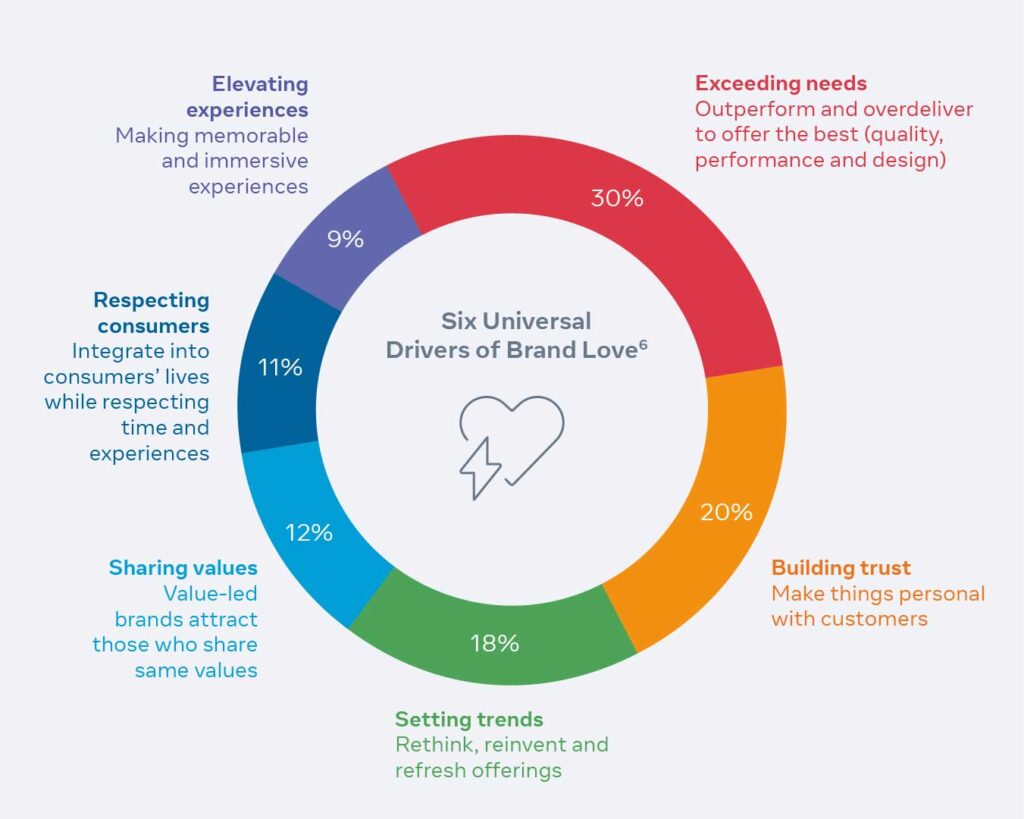Brand Loyalty and Influencer Marketing

Brand loyalty is characterized by consumers repeatedly purchasing products from a particular brand. This loyalty can be attributed to their values as a brand, the quality of their products and services, and their brand image. Loyalty to a brand from a consumer perspective has nothing to do with price and everything to do with how the brand markets itself and the products and services it offers.
When you love a product, price doesn’t seem to matter as much. If a consumer is truly loyal to a brand, they will search for that product and buy it regardless of other options. At this level of brand loyalty, consumers make an emotion-based decision to purchase services and products from their favorite brand.
There are many reasons why brand loyalty is emotionally rooted, but above all, the consumer believes that the brand offers something that they cannot fulfill with any other product like it. Whether they feel safe in choosing that company, they like their social media presence, or they feel they get the most quality for the price, consumers will only shop for their favorite brand.
In an article by Meta, it was found that less consumers have been self-identifying as being brand loyal. While less people might be reporting their brand loyalty, it doesn’t mean brands should give up on this. The second largest factor in their “Six Universal Drivers of Brand Love” was building trust. In other words, one of the biggest things consumers look for is a personal connection to the brand. Influencers could be the answer to bridge this gap.
How do brand loyalty and influencer marketing compliment each other?
Because influencers are highly regarded and create relationships with niche audiences, they are trusted. When a trusted creator partners with a brand, their audience is more likely to trust the brand as well and purchase from them. Because the creator gives their seal of approval, their audience is more likely to try it. This can lead to mass amounts of followers becoming loyal to a brand, generating more long-term revenue and an increased lifetime customer value.
Influencer marketing is also a great way to mix up brand advertising. When scrolling through social media platforms, consumers might see a lot of advertising for products from the company itself. While this is a great way to get more views in general, being backed by a creator provides a different delivery of a brand’s product or service. Viewers might be more receptive to this marketing because they trust the influencer or were more compelled by hearing a first-hand experience. This applies directly to the “Setting trends” factor in the graph above from Meta.
To grow as a brand, loyalty is a large piece of the puzzle. Brand loyalty will keep consumers coming back and trusting that they will get quality service and products. Diehard fans of a brand will prove to be long-term buyers and will tell their friends about the brand because of their level of satisfaction. While it might seem like the obvious answer, brands should strive to gain consumer loyalty and influencers are proven to help. When a brand matches with a creator, the loyalty gained from their audience is like a super power. Influencer marketing lends itself into brand loyalty and is compelling when the optimal pairing is found.





